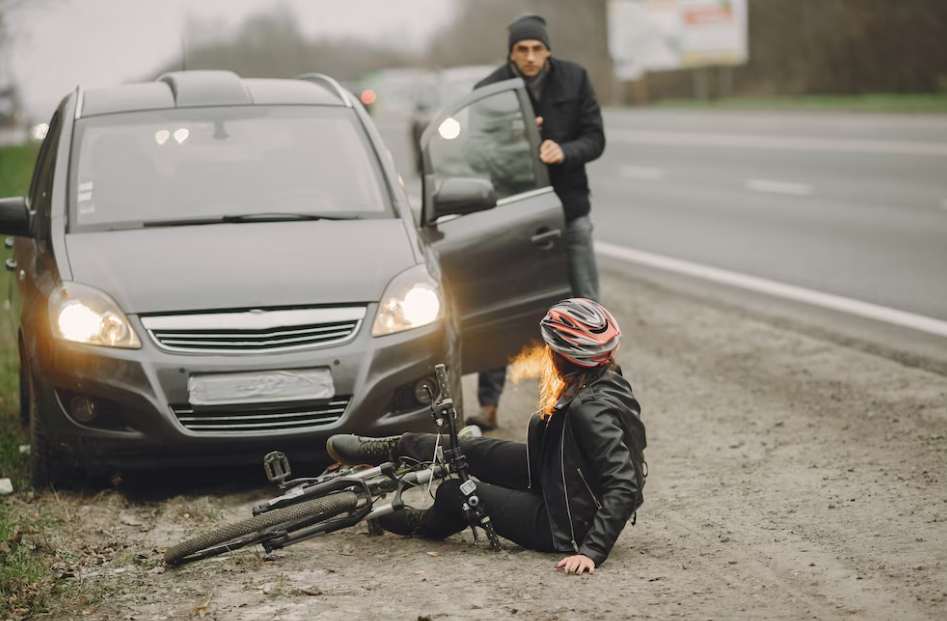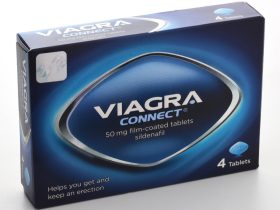Introduction
Motorcycles are a popular mode of transportation, but they also pose a significant risk to riders. Every year, thousands of people die in motorcycle accidents. In this article, we will discuss the causes of fatal motorcycle accidents and what can be done to prevent them.
Why are Motorcycle Accidents So Dangerous?
Motorcycles are smaller and less visible than other vehicles on the road, making them more vulnerable to accidents. Motorcycles also lack the safety features of cars, such as airbags and seat belts, which can lead to more severe injuries in the event of a crash. Additionally, riders are more exposed to the elements, making them more susceptible to weather-related accidents.
Common Causes of Fatal Motorcycle Accidents
There are several common causes of fatal motorcycle accidents, including:
Speeding
Speeding is a leading cause of fatal motorcycle accident. Motorcycles can accelerate quickly, making it easy for riders to lose control when traveling at high speeds.
Alcohol and Drugs
Driving under the influence of alcohol or drugs is a major risk factor for all types of accidents, including motorcycle accidents. Impaired drivers are more likely to make poor decisions and react more slowly to hazards on the road.
Distracted Driving
Distracted driving is a growing problem on the roads, and it can be especially dangerous for motorcyclists. Drivers who are texting, eating, or engaging in other distracting activities are less likely to see motorcycles and more likely to cause accidents.
Lane Splitting
Lane splitting is when a motorcycle travels between two lanes of traffic. While legal in some states, it can be a dangerous maneuver that increases the risk of accidents.
Inexperienced Riders
Inexperienced riders are more likely to make mistakes on the road, such as misjudging distance or losing control of the motorcycle.
Preventing Fatal Motorcycle Accidents
There are several steps that can be taken to prevent fatal motorcycle accidents, including:
Wear a Helmet
Wearing a helmet can significantly reduce the risk of head injuries in the event of an accident. Helmets should be DOT-approved and fit properly to ensure maximum protection.
Ride Defensively
Defensive riding means anticipating potential hazards on the road and taking steps to avoid them. This includes maintaining a safe following distance, being visible to other drivers, and avoiding aggressive or erratic driving behavior.
Get Proper Training
Proper training can help riders develop the skills and knowledge needed to ride safely. This includes learning how to handle the motorcycle, understanding traffic laws, and being aware of potential hazards on the road.
Avoid Alcohol and Drugs
Driving under the influence of alcohol or drugs is never safe, and it’s especially dangerous for motorcyclists. Riders should never get on their motorcycle after consuming alcohol or drugs.
Stay Alert and Focused
Staying alert and focused on the road is essential for safe riding. This means avoiding distractions, such as texting or using a phone, and staying aware of other vehicles and potential hazards.
Conclusion
Fatal motorcycle accidents are a serious problem that can be prevented through education, training, and safe riding practices. By following these tips and taking steps to ride defensively, riders can reduce their risk of being involved in a fatal accident.











